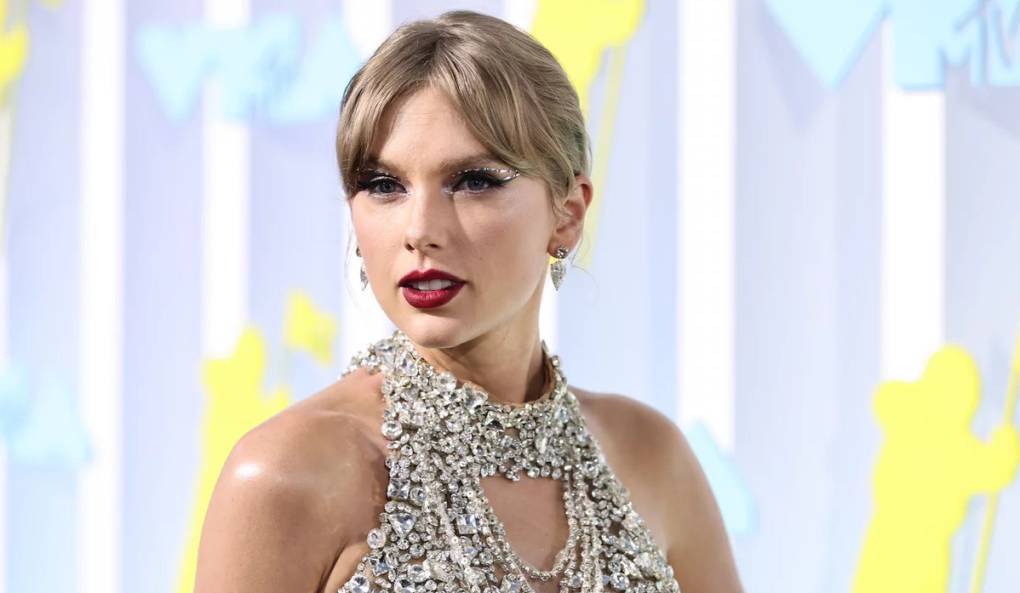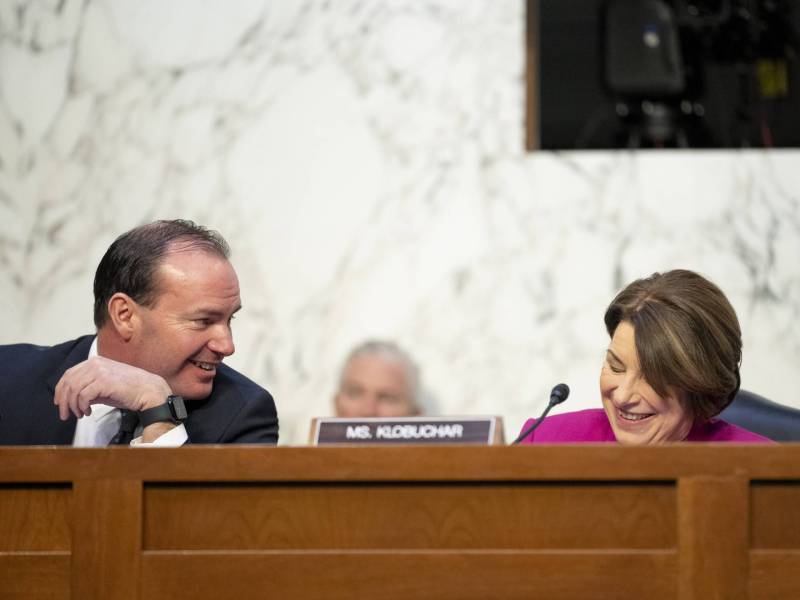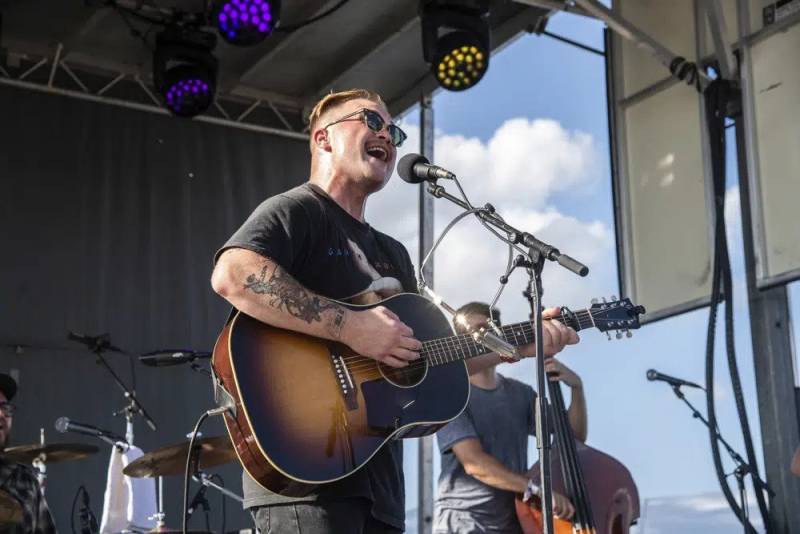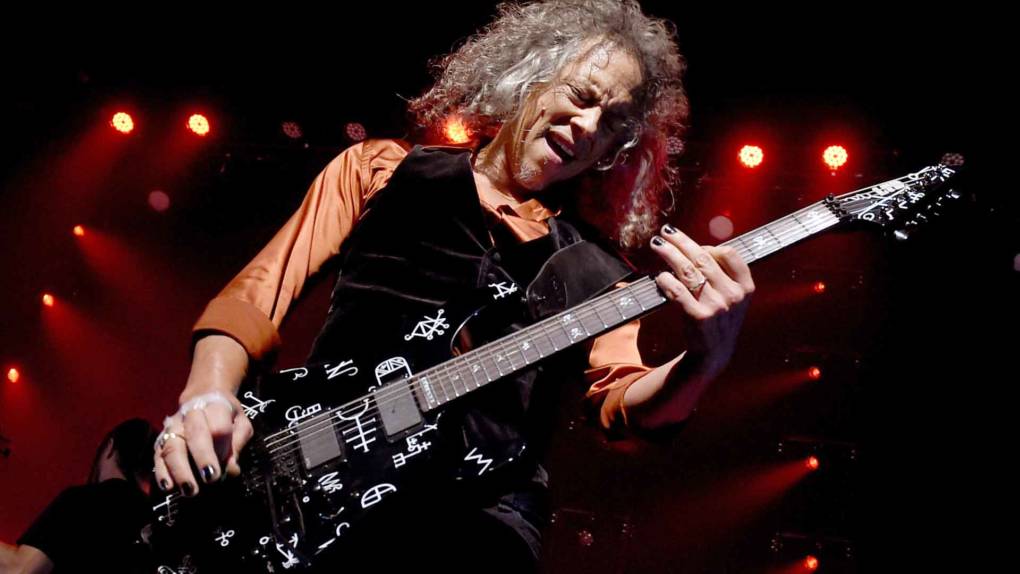The hearing featured testimony from antitrust experts, entertainment company executives and a musician, who collectively painted a picture of an industry that is dominated by one oversized company at the expense of fans, venues and artists.
Some of the issues they raised involved Live Nation’s pricing models and fees, increasingly long contracts with competitors and alleged retaliatory behavior against artists and venues that don’t want to work with it.
Lawmakers in the room seemed to agree that the company’s dominance poses a problem in the industry, even if they had different ideas for how to address it. After the hearing, the subcommittee leaders sent Live Nation a letter with seven additional questions, requesting a response by Feb. 15.
“As the hearing demonstrated, there is a strong bipartisan consensus about taking steps to improve the way America’s ticketing industry functions,” they wrote. “We must ensure that we have competition in the market to drive down prices, encourage companies to innovate, and give consumers choice.”
In a 38-page response dated Feb. 14, Live Nation claimed that both primary and secondary ticketing markets are “highly competitive.”
“Ticketmaster remains the largest primary ticketing company, but it has steadily lost market share and has lowered pricing despite having by far the best product in the industry — sure signs that it is not the monopolist that some claim,” it said.
The letter, signed by executive vice president for corporate and regulatory affairs Daniel Wall, also urged Congress to take action against bots, to ban fraudulent resale practices and to mandate the ability for artists and other event providers to set their own resale terms on all ticketing websites.





9(MDAxOTAwOTE4MDEyMTkxMDAzNjczZDljZA004))

